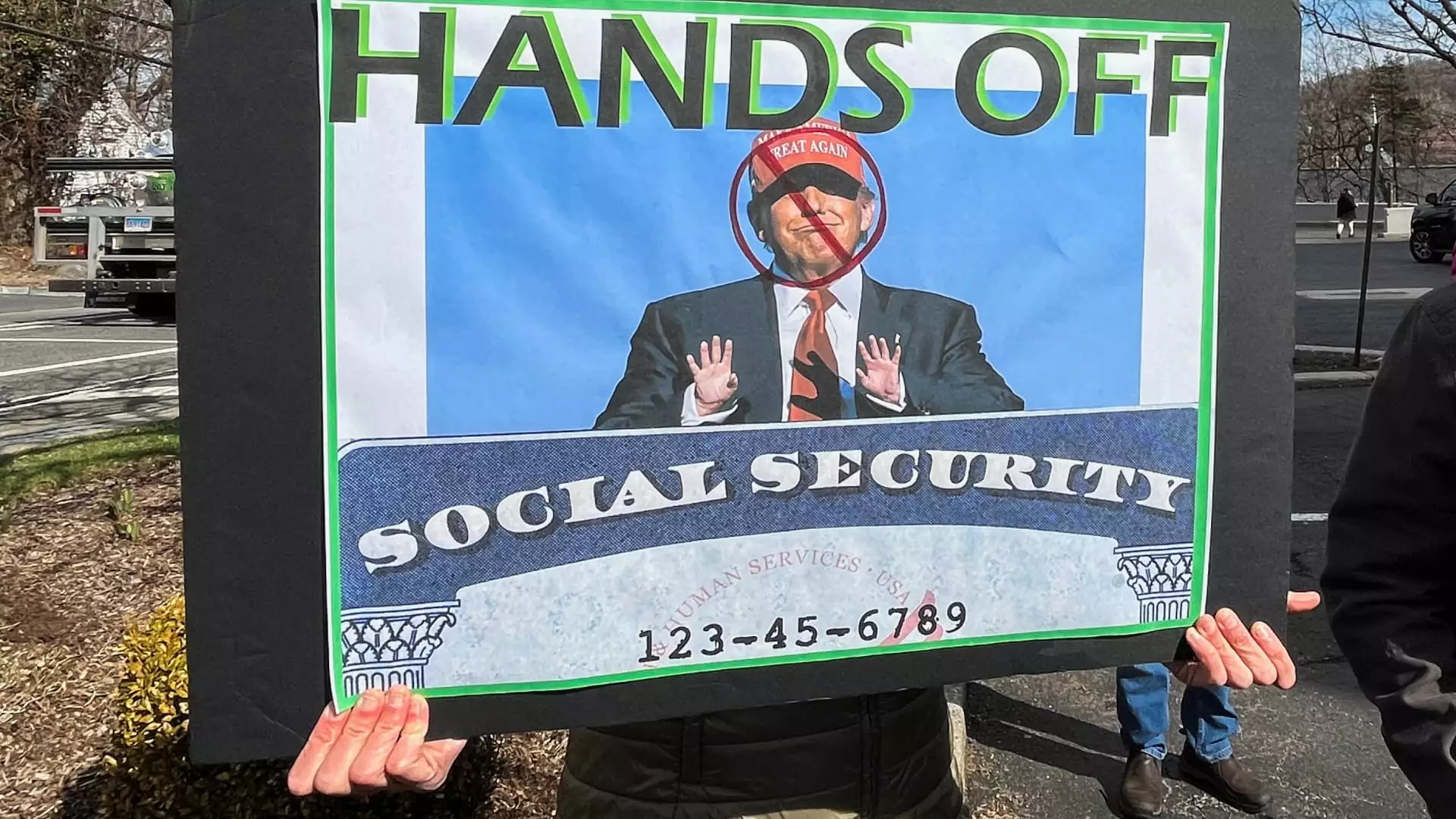In a significant ruling that could define the future of data privacy in governmental agencies, U.S. District Judge Ellen Lipton Hollander recently placed a halt on the Department of Government Efficiency (DOGE) from accessing sensitive personal data held by the Social Security Administration (SSA). This ruling should send tremors down the spines of those who prioritize individual rights and data protection. The decision suggests a court will fight to uphold privacy laws against what many perceive as an encroachment by government entities ostensibly designed to improve efficiency. Unfortunately, such efficiency often comes at the cost of civil liberties and personal privacy—issues that cannot be overlooked.
The Implications of the Ruling
The injunction issued by Judge Hollander specifically targets DOGE staffers, many of whom are involved in initiatives that, under their veil, claim to streamline governmental processes. The court mandated strict legal compliance whenever accessing SSA data, aimed explicitly at preserving the sanctity of personal information belonging to millions of Americans. While the administration may argue such data usage is to improve operational standards, this ruling challenges the legitimacy and motivations behind these initiatives.
DOGE, backed by the so-called modernization agenda, has been accused of stepping beyond its boundaries to misuse individuals’ data. With violations of the Privacy Act, Social Security Act, Internal Revenue Code, and more on the table, these claims highlight a breathtaking challenge to the core values of American democracy: the right to privacy and freedom from unwarranted scrutiny.
The Coalition Against DOGE’s Overreach
The lawsuit against DOGE wasn’t a single-handed fight; it was brought forth by a coalition that includes prominent unions and advocacy groups like the American Federation of State, County, and Municipal Employees and the AFL-CIO. More critically, they were represented by Democracy Forward—a legal organization specializing in protecting democracy and individual rights. This multi-faceted approach signifies how crucial this issue is, serving as a beacon of hope amid bureaucratic hurdles and government overreach.
By joining forces, these organizations not only amplify their voice but also foster a communal ideology that underscores the importance of safeguarding public information from entities that appear more focused on management metrics than moral accountability. The decision serves as a struggle for power—individuals against a growing governmental machine that often overlooks ethical guidelines in favor of reaching misguided efficiencies.
Concerns Over Data Handling: A Cosmic Privacy Threat
One of the most unsettling aspects of this ruling concerns the types of information DOGE was set to handle: sensitive personal data such as Social Security numbers, medical records, and tax information. With personal identification information exposed, the potential for misuse becomes substantial. Even with data-centric organizations arguing that this data could create effective frameworks for efficiency, it is reminiscent of dystopian narratives where personal information is exploited for political gains or manipulation.
The court’s injunction highlights the severe challenges of governmental data management in an age where data is oil—playing a crucial role in both economic and political sphere relationships. This ruling finally compels a review of priorities: Is the pursuit of efficiency worth the price of your privacy?
The Political Stakes: A Tug-of-War for Public Trust
The political implications echo throughout the public sphere. White House spokesperson Elizabeth Huston hinted that the administration is poised to appeal the decision, claiming a mandate from the American people for a government free of “waste, fraud, and abuse.” But at what cost? The same constituents calling for pragmatic governance are potentially the very ones whose privacy is endangered by these purportedly efficient measures. This creates a paradox within American governance: assured competence juxtaposed with overwhelming suspicion regarding personal rights.
In an era plagued by deep political divides, watchdog organizations and government employees working under DOGE need to reflect on whether their actions align with the public’s ethical compass. The court’s ruling isn’t merely a legal victory; it contrasts a shift in societal expectations for transparency and accountability.
Ultimately, while efficiency in government operations is needed, it must never come at the expense of ethical integrity and individual rights. The fight for civil liberties is not merely about winning legal battles; it represents a collective fight against a potentially oppressive state apparatus, and citizens must remain vigilant in this ongoing struggle.

